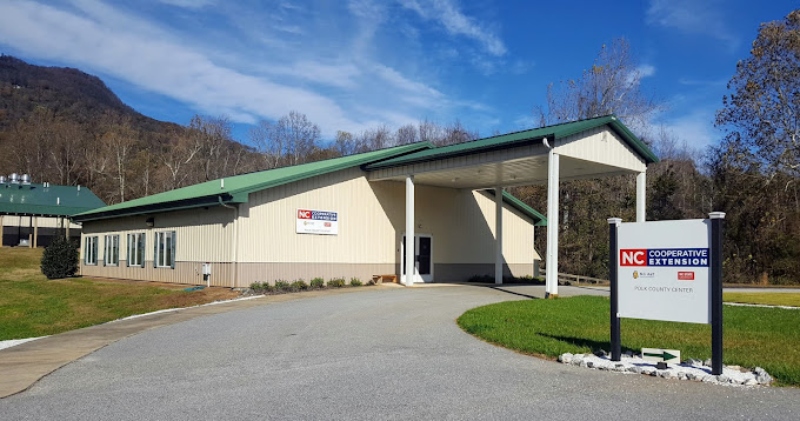First Transition Polk event draws 100+
Published 12:25 pm Wednesday, August 11, 2010
The ICC auditorium was filled to capacity at the “Peak Oil Experience” on Tuesday, July 20 for the first local&bsp; event presented by Earth Care/Transition Polk County.
From 6:30 p.m. until the start of the program at 7, everyone enjoyed a buffet of treats from local produce, using plates and cups made from 100 percent compostable material, making this a zero waste event.
Beth Thomas welcomed the group of nearly 100 and introduced “The Transition Handbook,” which outlines the model that will be followed by the group. Mary Parker followed with an explanation of Transition US and how Transition Polk County began. She encouraged everyone to become active in Transition’s efforts to help Polk County move from oil dependency to help make the community self-sustaining and resilient.
Trending
There are currently 68 Certified Sustainable Communities in the United States. The challenge is to have Polk County added to this distinguished list .
Next, the group watched “The End of Suburbia,” a film about the end of cheap oil and the difficulty of obtaining oil in the future.
After the film ended, Beth Thomas talked about how people in Samso, Denmark have already addressed the problems of oil depletion and climate change (see PBS.org/ANeedtoKnow/AnIslandWithoutOil for more information).
Three speakers from the community, Lynn Sprague, Greg McCarren, and Cindy Walker, gave short talks on how Polk County was already doing some things to work toward sustainability.
Sprague, Polk’s agricultural ecconomic development director, talked about the growth of the Columbus Farmers Market, the diverse agricultural system in Polk County, and turning Mill Spring School into an agricultural center.
McCarren, an environmental sociologist, owner of Skyuka Sun, and a local solar resource, talked about alternative energy and learning to do with less, but with a higher quality of life.
Trending
Walker, chair of the Polk County Board of Commissioners, reviewed what commissioners had done already to work toward sustainability: Recycling and how it was started, diverting waste away from the landfill. She also said the new Polk Dept. of Social Services building will meet Leadership in Energy and Environmental Design (LEED) requirements for certification.
Finally, Betty Garniss moderated a discussion around three topics:
Things I am doing. Responses included unplugging everything not in use, using only part of the home to save energy, cooking less and eating more raw vegetables, line-drying laundry, reusing water from the shower, dishwashing, etc., to water the garden and buying community supported agriculture (CSA).
Things I/we could be doing. Responses included getting a rain barrel, increasing the number of community gardens, getting manufacturers to take off lights on small appliances, putting a brick in the toilet tank to save water and finding a way to compost garbage to create fertilizer and mulch.
Things I would really like to see in Polk County. Responses included initiating a tour of shops, businesses and farmers markets to bring back trade to the community, building more walking and biking trails, including energy officers in each institution to reduce energy waste, offering a public train between Saluda, Tryon, and Columbus, eliminating all plastic bags at grocery stores and drug stores, using drought-tolerant plants, getting young people involved and many more.
For more information on Transition Polk County or to purchase “The Transition Handbook,” call Mary Parker at 828-859-9507.





